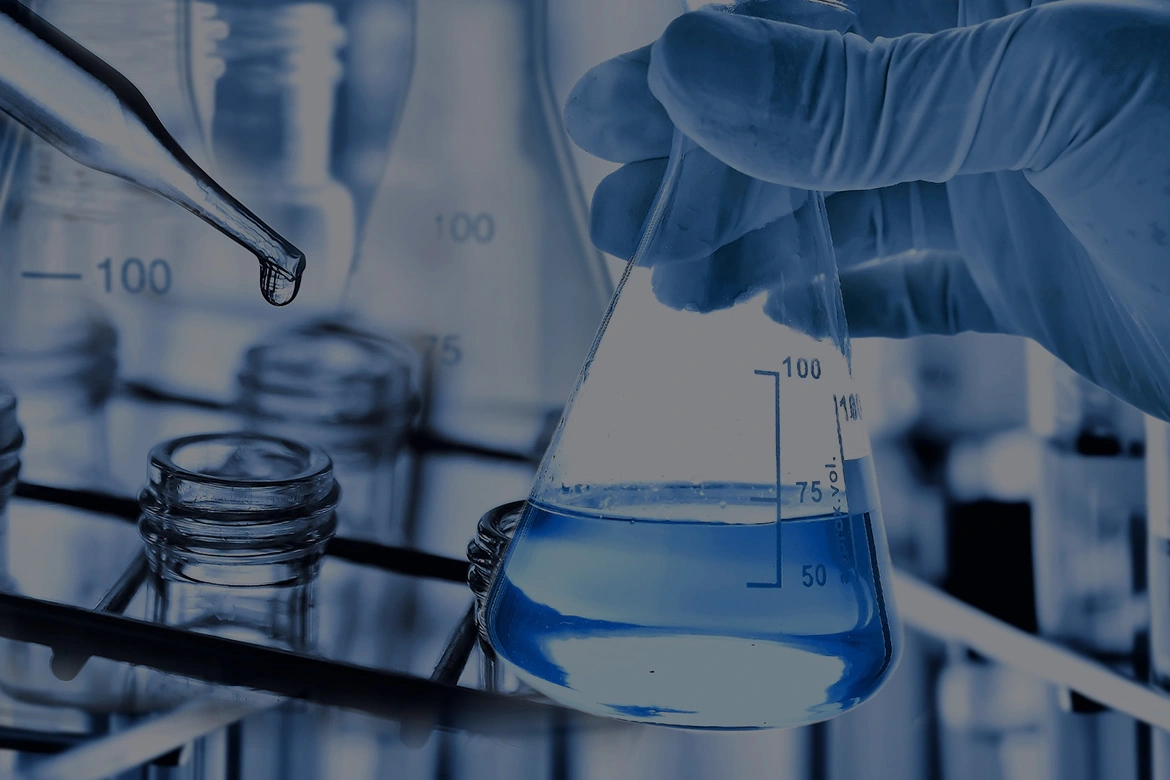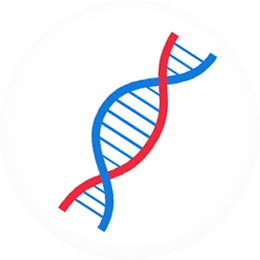Overview
Ligand binding assays (LBAs) are essential tools in early-stage drug discovery and research, used to measure molecular interactions and quantify biomarkers or therapeutic agents in biological matrices.
At BioDuro-Sundia, we offer a comprehensive range of ligand binding assays to support
G protein-coupled receptor (GPCR) studies. GPCRs are a large family of cell-surface proteins that transmit signals into cells, playing a key role in physiological processes. Understanding how ligands interact with GPCRs provides valuable data for drug development, particularly in determining binding affinity and specificity.
Highlights
Drive innovation in drug discovery with our ligand binding assay services. Using advanced technologies and expertise in receptor-ligand interactions, we deliver precise insights to optimize drug safety and efficacy.
BioDuro-Sundia’s ligand binding assay services accelerate your drug discovery process. By leveraging our integrated bioanalytical services, you can:
Speed Up Timelines: Our innovative methodologies ensure rapid and reliable data generation, enabling faster decision-making.
Ensure Regulatory Compliance: Our assays meet the highest quality standards, supporting global regulatory compliance with technologies like ELISA, MSD, and Gyrolab.
Reduce Risks: Early-stage insights from our assays help you evaluate therapeutic potential and minimize development risks.
Why Choose BioDuro-Sundia for Ligand Binding Assays?
We deliver high-precision ligand binding assays to accelerate drug discovery. Our team specializes in radioligand binding, scintillation proximity, and fluorescence polarization assays. These services integrate seamlessly with our broader bioanalytical offerings, making us a one-stop partner for all your drug discovery needs.
By conducting these assays in our state-of-the-art
Radioisotope Laboratory in Jiangsu, China, we ensure reliable, high-quality data to support your research.
Our Services
We offer a comprehensive range of ligand binding assays as part of our extensive
biochemical assay portfolio, tailored to your drug discovery needs. These include:
Radioligand Binding Assays: Uses radioactive ligands to measure the interaction between a ligand and its target receptor. This highly sensitive method provides precise binding data essential for early drug discovery.
Scintillation Proximity Assays: Detects interactions between target molecules using scintillant-coated beads. These beads emit measurable light upon binding, offering a fast and efficient method for ligand analysis.
Fluorescence Polarization Assays: Measures changes in the rotational motion of fluorescent ligands upon binding to their target molecules, providing insights into molecular size, shape, and binding efficacy.
Together, these ligand binding assays inform and accelerate the drug development process by providing critical insights to assess the viability and effectiveness of prospective therapeutic compounds.
Ligand Binding Assay Protocol
At BioDuro-Sundia, we pride ourselves on precision and reliability. Our LBA assay protocols are designed to ensure accurate and reproducible results every time.
Each assay begins with receptor molecule preparation and ligand selection, followed by incubation to facilitate binding. We utilize platforms like ELISA, MSD, and Gyrolab to evaluate binding affinity, kinetics, and specificity.
We also offer customized protocols tailored to the specific needs of your research. This flexibility allows clients to work with novel molecules, explore binding kinetics under various conditions, or test unique receptor-ligand interactions.
Contact Us
Partner with BioDuro-Sundia’s experts to streamline drug discovery. Our team delivers precise data to support informed decisions and help you achieve your development goals.
Contact us today to discuss your project or explore our bioanalytical solutions.
Q&A
How does a ligand binding assay work?
Ligand binding assays evaluate how ligands bind to their receptors through incubation. Technologies like ELISA, MSD, and Gyrolab analyze the event, providing in-depth insights into interaction dynamics, such as strength (affinity), rate (kinetics), and selectivity (specificity). This data supports therapeutic development.
How is a ligand binding assay conducted at BioDuro-Sundia?
We follow a detailed protocol for each ligand binding assay to ensure precision and reproducibility. All assays are conducted in our Radioisotope Laboratory in Jiangsu, China, providing high-quality data to accelerate your drug development process.
What is the purpose of receptor ligand binding assays?
Receptor ligand binding assays measure how well a ligand binds to its target receptor. This gives researchers insight into how a drug might interact with cellular receptors in the body, making these assays essential for drug discovery.
How can ligand binding assays support drug development?
Ligand binding assays help evaluate the potential of drug candidates early in the discovery phase. These assays provide data to optimize binding properties ensuring compounds are safe and effective.
Why are ligand binding assays important for GPCR-related studies?
Ligand binding assays play a crucial role in studying GPCRs by evaluating how drug candidates bind to these critical receptors. By assessing the strength and selectivity of these interactions, these assays offer valuable insights into a drug's ability to effectively target GPCRs, ensuring safety and efficacy.
Can ligand binding assays be customized for specific research needs?
Yes, BioDuro-Sundia offers tailored protocols to meet unique research needs, enabling exploration of novel molecules, receptor-ligand dynamics, or specific binding kinetics. This flexibility ensures precise insights that support innovative drug development.



